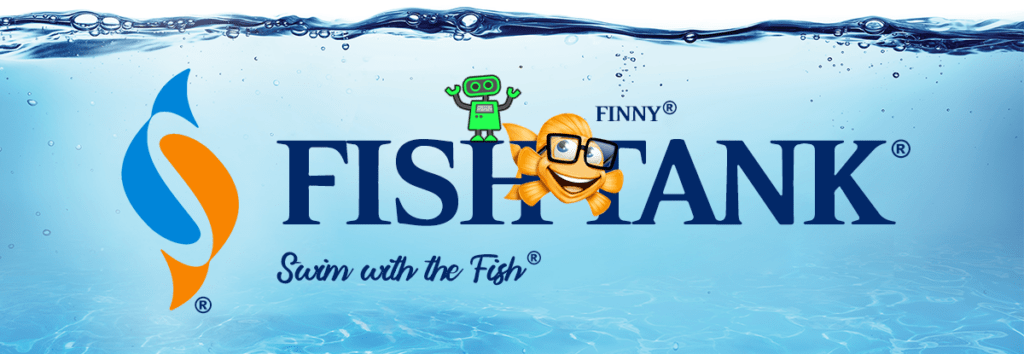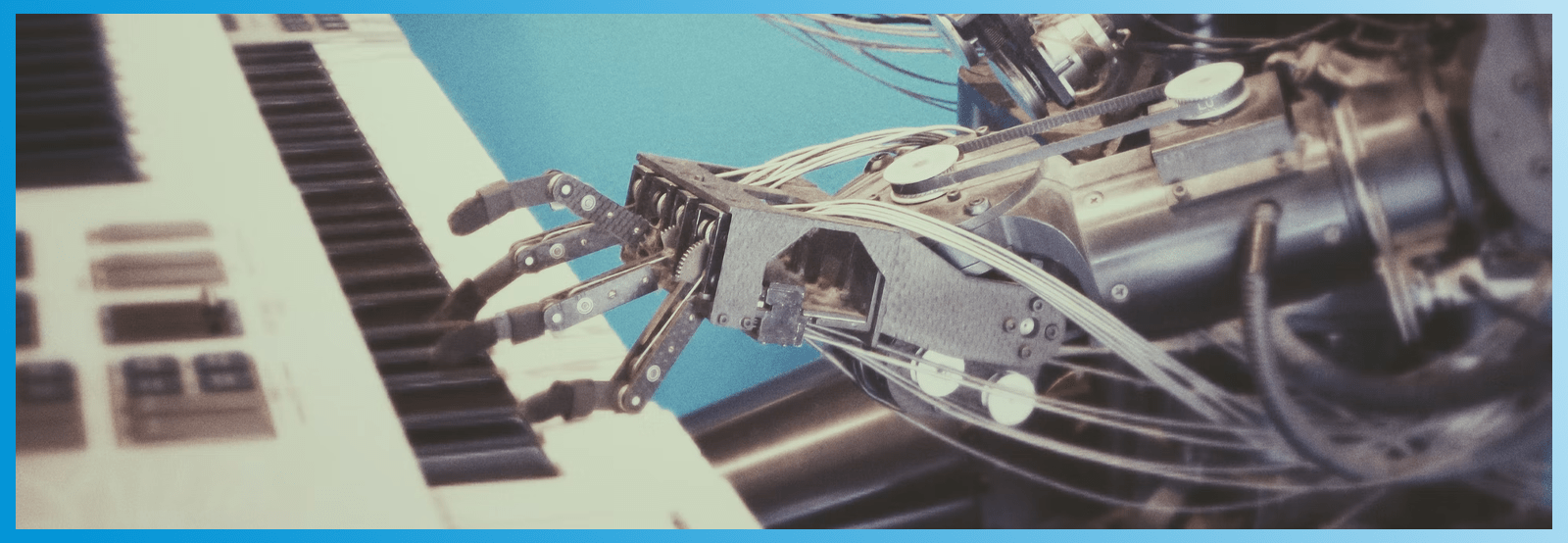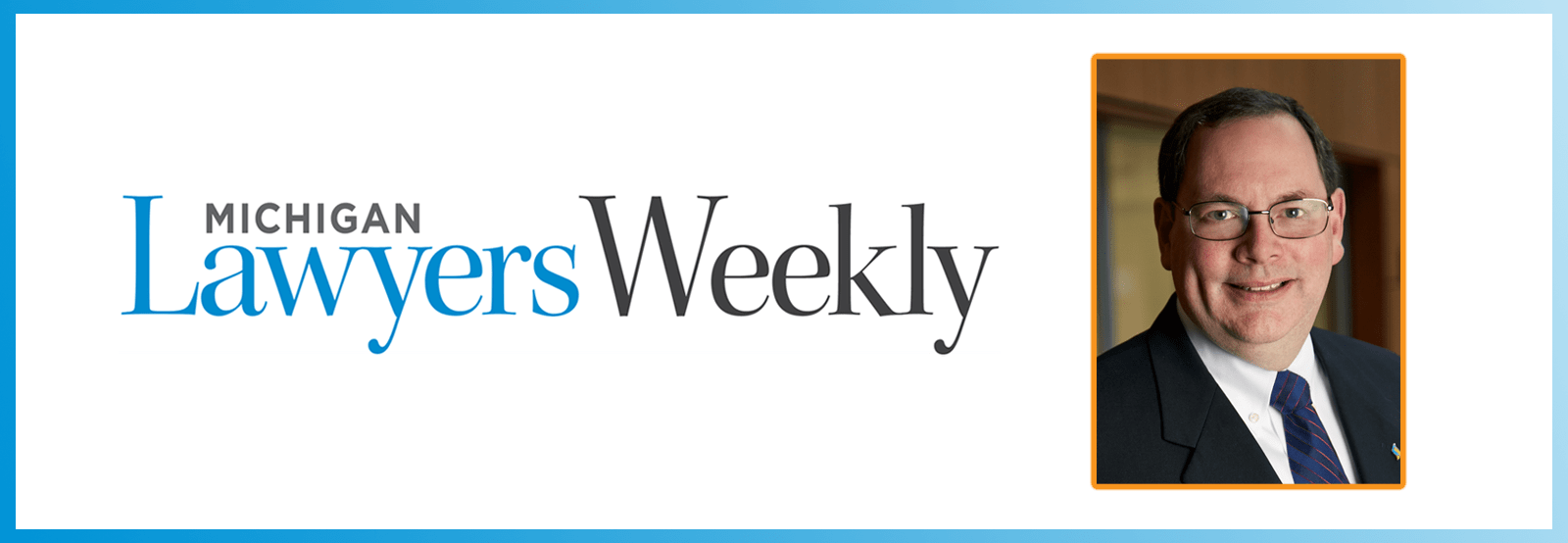Intellectual Property Insights from Fishman Stewart PLLC
Newsletter – Volume 22, Issue 5

Do Androids Dream of Copyright Ownership?
By Zachary P. Grant and Kristyn C. Webb
Copyright law protects certain works against unauthorized reproduction, distribution, public display, public performance, and the preparation of derivative works. Currently, a new issue is testing copyright law in numerous jurisdictions: whether material produced by artificial intelligence machines (AI) deserves copyright protection.
In a previous edition of the Fish Tank® newsletter, attorney Art Hallman discussed an AI machine called DABUS created by AI pioneer, Stephen Thaler. DABUS challenged patent laws by seeking inventorship as an AI, and recently found success in South Africa and Australia. Now, Thaler and his AI machines are taking on copyright law.
Thaler created an AI machine called the “Creative Machine” that produces visual artwork such as an illustration titled “A Recent Entrance to Paradise.” In 2018, Thaler filed an application with the U.S. Copyright Office to register the work and named the Creative Machine as the author, and himself as the claimant (meaning the rights holder) by virtue of his ownership of the Creative Machine. The Copyright Office initially refused the application on the basis that the application “lacks the human authorship necessary to support a copyright claim.” That refusal was recently affirmed by a board review at the Copyright Office, as it is the agency’s official stance that copyright registrations can only be granted to works authored by human beings.
Notably, other countries have reached different outcomes. A Chinese court ruled that if there is enough human input in selecting the materials provided to an AI and in selecting the rules and algorithms that an AI must follow, the resulting work may have copyright protection such that the company that licensed the AI could sue for infringement when the work was reproduced without permission. The Indian Copyright Office issued a notice of withdrawal and reversed its previous determination to issue a copyright registration for an AI coauthored work. In December 2021, the Canadian Intellectual Property Office issued a copyright registration for a work naming an AI as a coauthor and the Canadian government has sought public input on the issue. Even more recently, in January 2022, the United Kingdom Intellectual Property Office sought public consultation on the issue and is currently reviewing the responses it received.
As the world’s legal systems deal with the sticky issues of whether to grant copyright protection to AI generated works, how much protection to grant, and how long such protection should last, there are numerous policy considerations in play. AI can, in theory, generate an infinite amount of material, and permitting AI to monopolize an infinite number of works via copyright may unfairly suppress the market for human-generated works. On the other hand, a failure to grant copyright protection to AI-generated works might stunt the growth and development of AI programs and deprive humanity of the technological advances and novel solutions that AI could provide.
Additionally, policy makers must address whether AI can be a copyright infringer, and if so, what remedy would compensate a copyright owner without unduly hampering this burgeoning field of technology. As previously discussed in another Fish Tank newsletter, there are also concerns that AI can be directed to create works of art that intentionally circumvent copyright enforcement and violate the spirit of the law.
As we enter the brave new world of technology that increasingly resembles a work of science fiction, these practical questions of law, fairness, economics, and humanity will continue to give us pause, challenge our ideals, and force us to adapt to the changes that our own inventions create.
Published March 4, 2022

Michael Stewart named Go-To Lawyer in Intellectual Property
IDENTIFYING, SECURING AND ADVANCING CREATIVITY®












